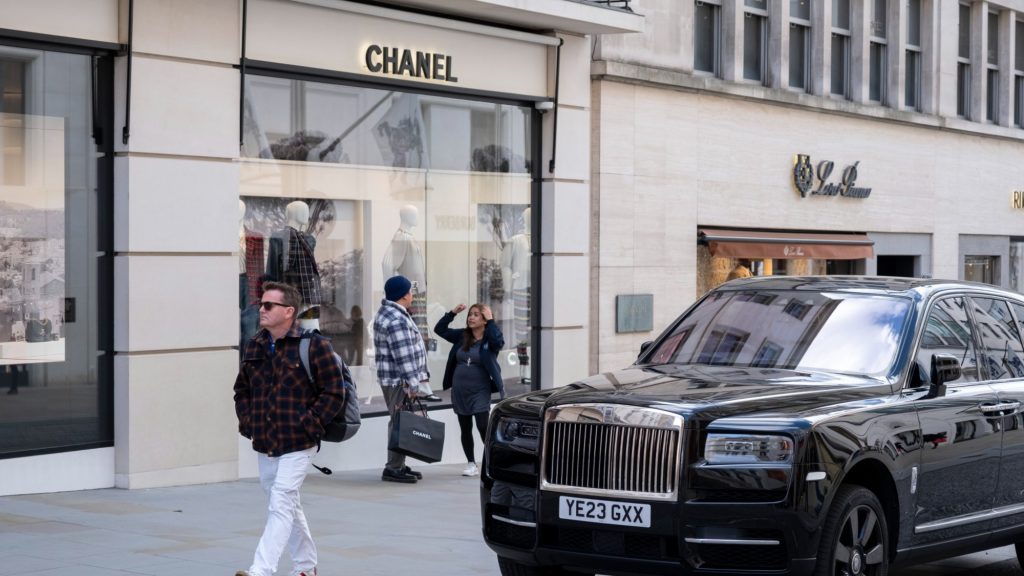President Donald Trump recently announced a 90-day pause on most of his sweeping tariffs, but 10% duties still remain, and this trade policy could have a whipsawing effect on Americans’ ability to purchase offshore luxury goods. The prices of basic necessities have already bounced up and down due to the tariffs, and the market for more high-priced items may also feel some pain.
When it comes to the foreign luxury market, high-end clothing will likely be the most affected by the White House’s tariffs, especially if Trump were to renege on his 90-day pause. But luxury vehicles and watches, popular with Americans, could also end up in the crosshairs.
What did the commentators say?
Fears surrounding Trump’s tariffs are “dashing hopes in the $400-billion-a-year luxury industry that wealthy Americans might help to pull it out of the biggest slump in years,” said Reuters. Analysts now estimate that the global luxury market could fall by 2% in 2025; it was previously estimated to achieve 5% growth. Trump’s tariffs could exacerbate this as “European fashion and jewelry houses like LVMH’s Louis Vuitton, Chanel and Richemont label Cartier had been counting on sales growth from wealthy Americans to help offset weak demand in China.”
Some of these brands are “expected to draw” on their “pricing power to shield profits from tariffs, but investors are worried that shoppers who can afford $10,000 leather handbags and gold bracelets could tighten their purse strings against a darkening economic backdrop,” said Reuters. And understated luxury designs “typically sell better in a downturn when it becomes a no-no for people to flaunt their wealth,” said The Wall Street Journal. This creates a “headache for luxury brands” as they are already “under pressure to come up with eye-catching designs to reverse a slump in sales.”
Any further tariffs are “likely to reverberate throughout fashion’s supply chain,” said CNN, but other luxury goods could be affected too, most notably cars. Tariffs could be “putting America’s love affair with European luxury car ownership under threat,” said Business Insider. The “prices of luxury status symbols such as Ferrari, Rolls-Royce and Aston Martin” are “virtually guaranteed to rise,” because even as Trump issued his 90-day tariff pause, the “tariff on imported vehicles remains in effect.” Luxury car brands have “already signaled that they will raise prices in response to the trade wars.”
High-end European watches could face a similar fate. The “U.S. is Switzerland’s largest export market for watches, making their trade relationship crucial to the country,” said Fortune. Chinese demand wavered, and “watch companies have turned to Americans to fuel their sales.” While these companies “will likely resort to hiking the prices of their exquisite high-end watches,” brands “catering to the mid-level consumer are in more trouble.”
What next?
If Trump reenacts his tariffs following the 90-day pause, it could have drastic effects in the U.S. and globally. If the “trade war triggers a global slowdown, demand in other crucial markets will suffer,” said the Journal. Chinese consumers are “unlikely to feel like splurging on designer brands if Trump’s 54% tariffs on the country’s goods trigger an economic slump.”
While Trump has claimed that his tariffs will turbocharge American manufacturing, most companies say that “high costs will keep them from moving manufacturing back to the U.S.,” according to a CNBC survey. Even if manufacturing does move back, 81% of the companies surveyed “expect automation to be favored over workers.”
Luxury clothes, cars and watches could be in the crosshairs
